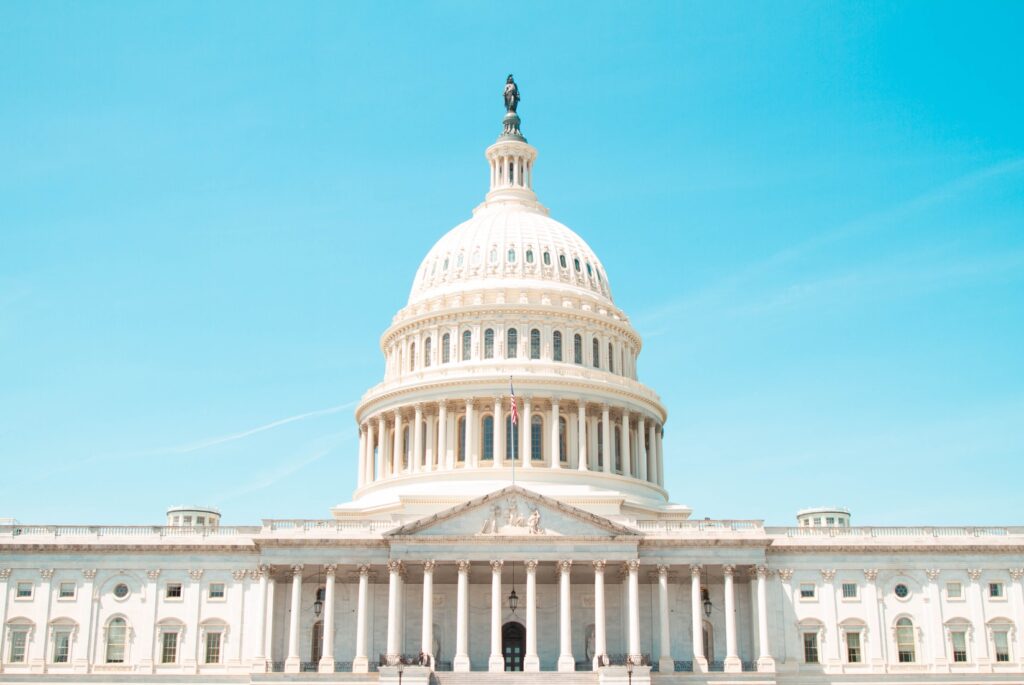Sen. Dianne Feinstein (D-Calif.) introduced a bill Jan. 24 that would disseminate $1 billion annually in grants to help local governments address homelessness.
The Fighting Homelessness Through Services and Housing Act would require cities, counties and tribal communities that receive the funds to build and designate more affordable housing, which would be paired with wraparound services like mental health care, substance abuse treatment, job training and educational opportunities. The bill would authorize funds for five years. It’s cosponsored by Senators Alex Padilla (D-Calif.), Amy Klobuchar (D-Minn.) and Jeanne Shaheen (D-N.H.).
“Homelessness remains one of the most intractable problems in our nation. Nearly 600,000 individuals are without a permanent roof over their heads, and more than 170,000 of those are in California. This problem has reached a crisis level and we must do more to combat it,” Sen. Feinstein said in a press release.
The bill outlines several requirements for grantees, including intensive staff training and mandatory case management, with one case manager for every 20 clients. When serving families with children, services must feature early childhood education, mental, behavioral and nutritional health services and parenting classes.
Even as the grant mandates several requirements, Senator Feinstein’s office said that it is also flexible. Grantees may use the funds to address what their community most urgently needs. For instance, funds may be used to support building a wide range of housing options including transitional and permanent supportive housing.
The California senator previously introduced a similar bill along with other Democratic senators in 2019 and 2021.
Recipients of the grant would be required to provide 25% of the funds received — which is common practice with federal grants. Those funds can be from the state, local or privately sourced.
Nationally, individual homelessness increased in the United States by about 3% between 2020 and 2022, according to the U.S. Housing and Urban Development 2022 Annual Homeless Assessment Report. Chronic homelessness increased by 16%.
“One reason homelessness is so difficult to address is that it’s not just a housing issue or a poverty issue, and frequently requires addressing mental health, substance abuse, education, job training, life skills and more,” Feinstein said in a press release. “We must address those root causes for homelessness, which means comprehensive supportive services. This bill does that by requiring that housing be paired with these critical services so we can finally break the cycle of homelessness.”








